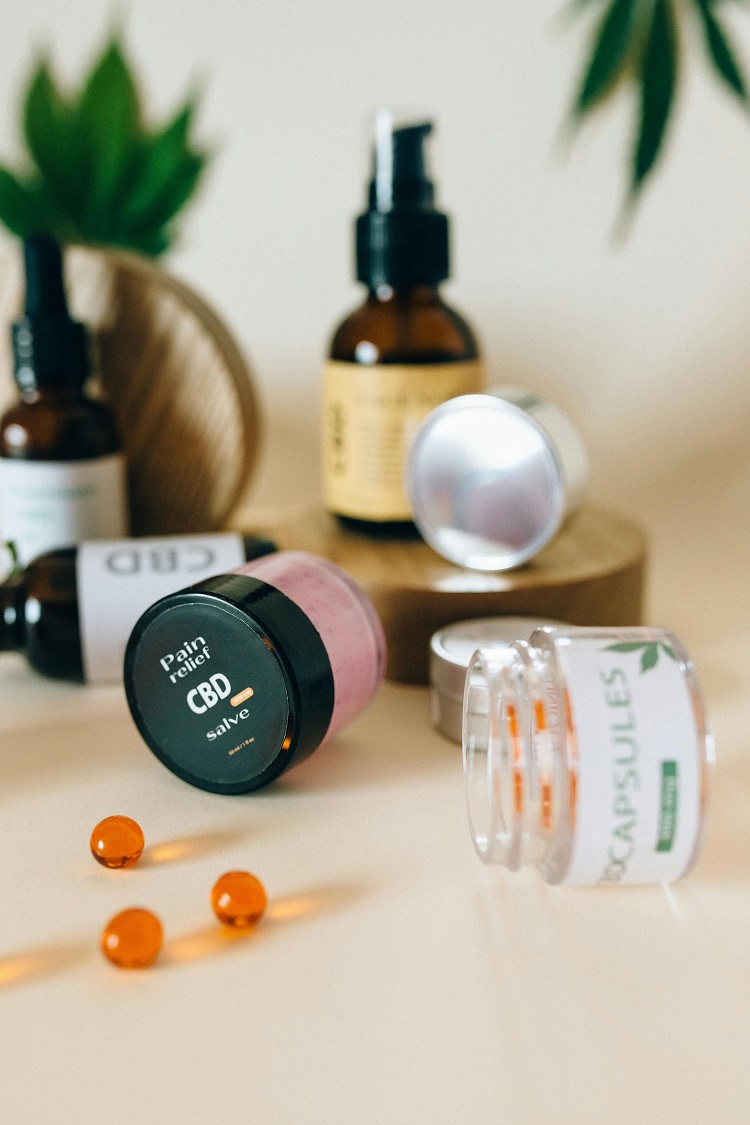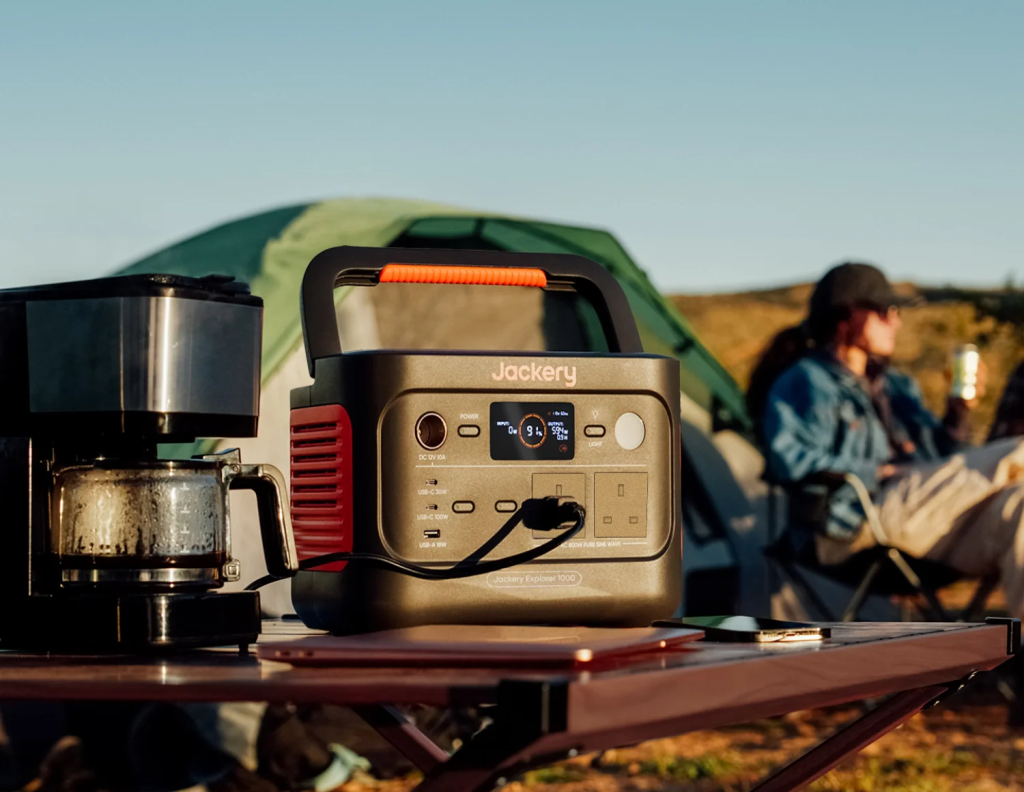With the increasing popularity of CBD products, navigating the world of cannabidiol can be overwhelming. From oils to edibles, topicals to capsules, the options seem endless. Understanding the different types of CBD products available and their uses is essential for making informed choices. This comprehensive guide aims to provide valuable insights into the diverse world of CBD.
Cannabidiol, or CBD, is a chemical compound derived from the cannabis plant. Unlike its counterpart THC, CBD is non-psychoactive, meaning it does not produce a “high.” Instead, it is known for its potential therapeutic benefits, such as pain relief, anxiety reduction, and improved sleep quality. The edible CBD products interact with the human body’s endocannabinoid system, which plays a crucial role in regulating various physiological processes.
Types of CBD Products
- CBD Oils: CBD oils are one of the most popular forms of CBD products. They are typically taken sublingually and are fast-acting. CBD oils come in different concentrations, allowing users to adjust their dosage as needed.
- CBD Edibles: CBD edibles are another popular form of CBD products. These can include gummies, chocolates, and other food items infused with CBD. Edibles are a convenient and tasty way to consume CBD, and they provide a longer-lasting effect compared to other methods of consumption.
- CBD Topicals: CBD topicals are products that are applied directly to the skin. These can include creams, lotions, balms, and salves infused with CBD. Topicals are popular for targeting localized pain and inflammation, as well as for skincare purposes.
- CBD Capsules: CBD capsules are a convenient and discreet way to consume CBD. They come in pre-measured doses, making it easy to track your intake. Capsules are a good option for those who prefer a tasteless and easy-to-swallow form of CBD.
- CBD Vapes: CBD vapes involve inhaling CBD through a vape pen or vaporizer. Vaping is a fast-acting method of consuming CBD, with the effects felt almost immediately. However, it is important to be cautious with vaping due to potential health risks associated with inhaling substances into the lungs.
- CBD Drinks: CBD-infused beverages have become increasingly popular in recent years. These can include CBD-infused water, teas, coffees, and other drinks. CBD drinks are a convenient and enjoyable way to incorporate CBD into your daily routine.
Choosing the Right CBD Product
When selecting a CBD product, several factors should be considered:
- CBD Content: Look for the amount of CBD (cannabidiol) in the product. This will vary depending on the type of product and brand.
- THC Content: Check the THC (tetrahydrocannabinol) content, especially if you want a product with no psychoactive effects.
- Ingredients: Read the ingredients list to ensure there are no harmful additives or allergens.
- Extraction Method: Consider how the CBD was extracted from the plant. CO2 extraction is considered the cleanest method.
- Third-Party Testing: Look for products that have been tested by an independent third-party lab. This ensures quality and potency.
- Type of Product: Decide on the type of CBD product you want, such as oils, tinctures, edibles, topicals, or capsules.
- Potency: Consider the potency of the product, which can vary greatly. Start with a lower potency if you are new to CBD.
- Brand Reputation: Research the brand to ensure they are reputable and known for producing high-quality CBD products.
- Price: Compare prices among different brands, but remember that quality products may come with a higher price tag.
- Customer Reviews: Read customer reviews to get an idea of the product’s effectiveness and any potential side effects.
Uses of CBD Products
- Pain Management: CBD has been studied for its potential to alleviate chronic pain, such as arthritis or neuropathic pain. Topical CBD products are commonly used for localized pain relief.
- Anti-Inflammatory Effects: CBD has shown promise in reducing inflammation in the body, which can help with conditions like inflammatory bowel disease, acne, and even neurodegenerative disorders.
- Anxiety and Stress Relief: Many people use CBD to help manage anxiety and stress due to its calming effects on the nervous system. It may also help improve symptoms of depression and post-traumatic stress disorder (PTSD).
- Sleep Aid: CBD has been found to have sedative effects, making it a popular choice for those struggling with insomnia or other sleep disorders. It may help improve sleep quality and duration.
- Neuroprotective Properties: Studies suggest that CBD may have neuroprotective properties, making it a potential treatment option for conditions like epilepsy, multiple sclerosis, and Parkinson’s disease.
- Cancer Symptom Management: Some research indicates that CBD may help alleviate symptoms related to cancer and cancer treatment, such as nausea, pain, and loss of appetite.
- Heart Health: CBD has been linked to several benefits for the heart and circulatory system, including lowering high blood pressure. It may also have antioxidant and anti-inflammatory properties that could help prevent heart disease.
Conclusion
Navigating the world of CBD can be simplified by understanding the different types of products available and their respective uses. Whether you are seeking pain relief, stress management, or better sleep, there is a CBD product suited to your needs. By considering factors such as potency, extraction method, and third-party testing, you can make informed choices when purchasing CBD products. Remember to consult with a healthcare professional before incorporating CBD into your wellness routine to ensure safe and effective use.



